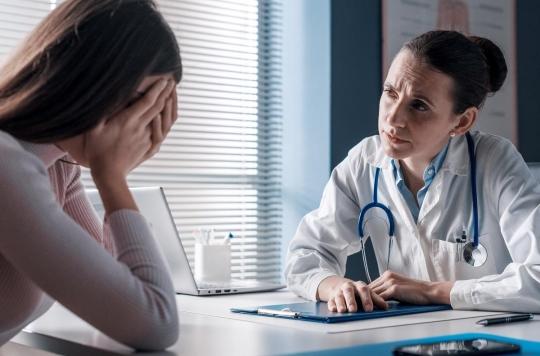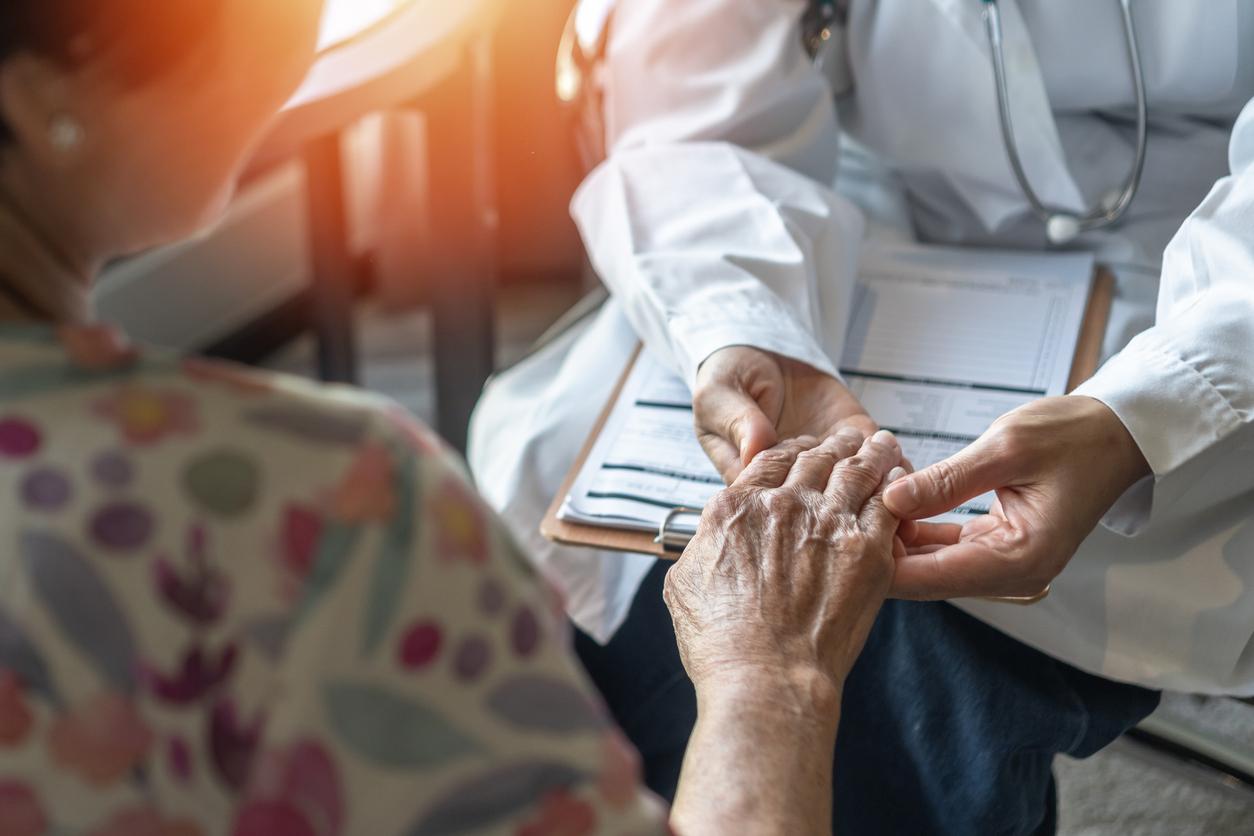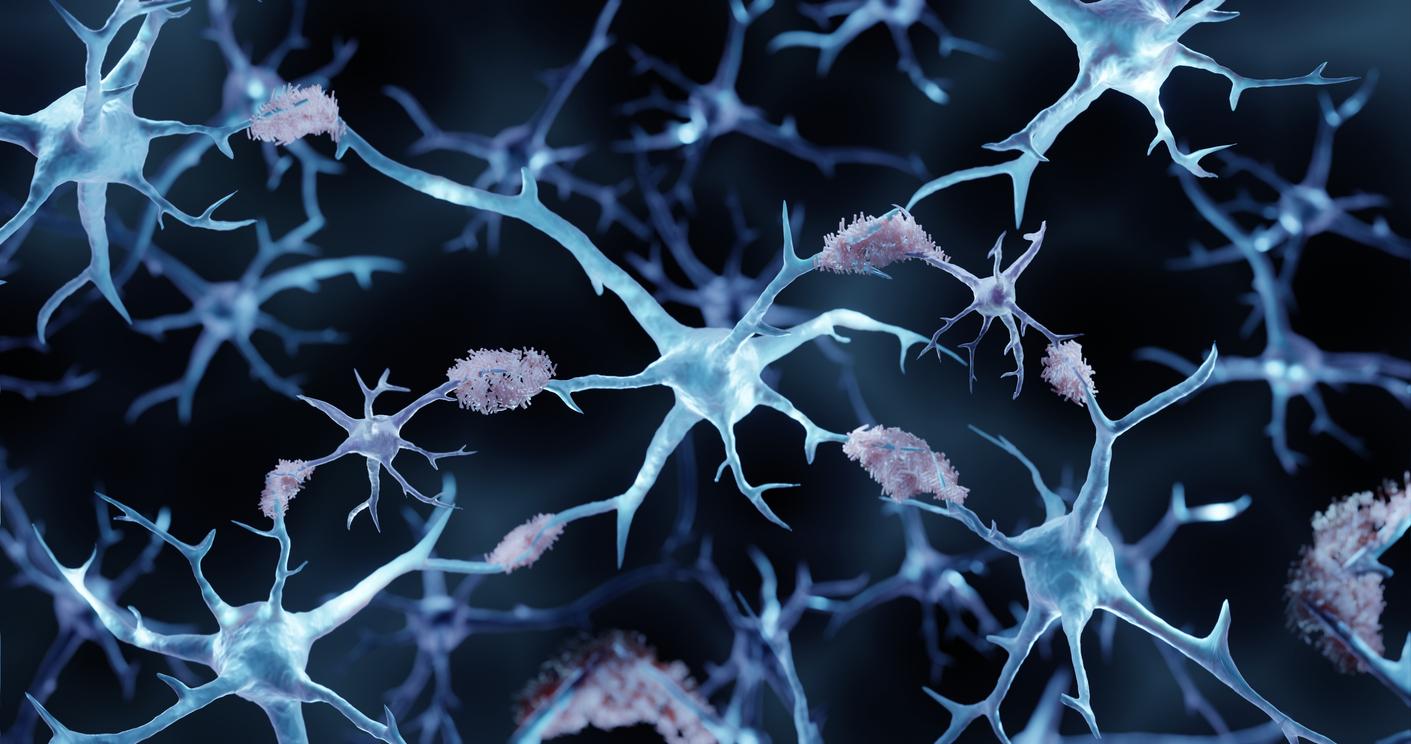François Braun, one of the first emergency workers to arrive on the scene after the Charlie Hebdo attack in 2015, said he had a heart attack the next day. Even the Minister of Health is not immune to post-traumatic stress…

It was January 7, 2015. Our new Minister of Health is also the president of Samu-Urgences de France; he will therefore be one of the first to intervene at the headquarters of Charlie Hebdo after the terrorist attack that was to kill eight of the editorial staff of the satirical newspaper.
He won’t forget “never”, he says in an interview with Figaro. Especially since his body will very quickly remind him of this dramatic intervention in the form… of a heart attack which will strike him the next day. An accident that will mark him for life. In a recent interview with Parisianhe says : “I can’t forget, if only because of the medication I have to take every morning…”.
Nothing extraordinary: 600,000 French people are victims, each year, of the psychological consequences of a stressful event. With serious consequences that could however be avoided.
There is no difference between our minister, the survivor of a tsunami, the miracle of a big ski fall and a grandmother who had her bag robbed on the corner of a street. All suffer from a disease that medicine calls “PTSD*”, an acronym of Anglo-Saxon origin which defines the consequences of post-traumatic stress, in other words, everything that results from the encounter with the immediacy of one’s own dead. It is an unsuspected public health problem due to poor screening, care that is still in its infancy, and ignorance of the resulting consequences. Terrible observation, especially since those who should benefit from this screening are not only the obvious victims of disasters, but also all those who, rightly or wrongly, felt threatened, whether by disease, nature or society.
Psychiatrists define three situations which do not have the same consequences in terms of the development of PTSD: 10 to 20% risk in the event of natural disasters, 20 to 40% for those said to be of human origin, such as road accidents , and 80, or even 100%, for serious sexual assaults or hostage taking. A frequency that would require systematic identification, from the time of admission to the emergency room, with the search for a simple and constant sign: the disconnection of thought, in particular an inability to really feel the injury… Due to a lack of psychiatrists, this examination, which could be delegated to the nurses, is most of the time not carried out.
If no treatment is instituted, PTSD manifests itself quickly, after a few weeks, by three types of symptoms: nightmares with repetition of the accident, pseudo-depressive manifestations, in particular avoidance of the subject, finally vigilance or unusual distrust. The long-term consequences are, wrongly, rarely linked to the accident. However, we know that this is the case with many depressions, taking narcotics, or resistance to pain medication. It is estimated, for example, that 80% of major drug intake is the consequence of this type of accident. Very recent data show that the risk of suicide is multiplied by 6.
From now on, we must look for the previous trauma in many unexplained sufferings. Acting from the first hours is simple and effective. Less with drugs than with techniques centered on the psychic trauma and which appeal to the re-exposure to the memory and psychological work on the traumatic event. You have to put words to the images… It’s the only method that has really proven its effectiveness. Unfortunately, in France, less than one out of two trauma victims meets a doctor likely to take effective measures.
Today, with François Braun at the avenue de Ségur, we can hope that things can change…
* post-traumatic stress disorder















